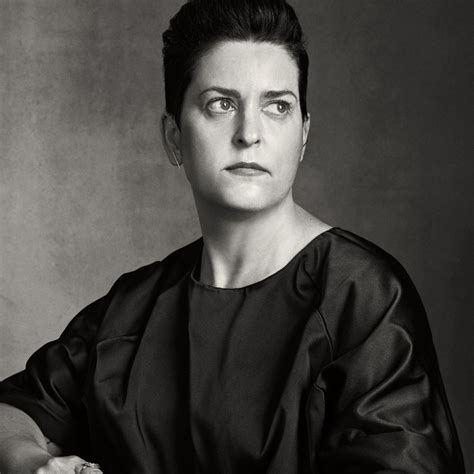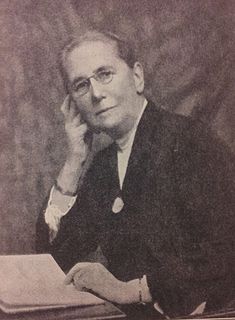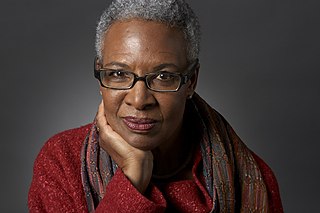A Quote by Rodney Stark
That new technologies and techniques would be forthcoming was a fundamental article of Christian faith. Hence, no bishops or theologians denounced clocks or sailing ships-although both were condemned on religious grounds in various non-Western societies.
Related Quotes
I was born into a Christian household, in a parsonage in fact, so I grew up in sort of a missionary atmosphere but it was an environment which involved both the traditional religions as well as the Muslim religion, so we were exposed to all the various facets of faith, micro cultures which existed within those beliefs, and even though I've lost whatever Christian faith was drummed into me as a child, I still maintain very good relationship with all the various religions.
Because the Christian God is not a lonely God, but rather a communion of three persons, faith leads human beings into the divine communion. One cannot, however, have a self-enclosed communion with the Triune God- a "foursome," as it were-- for the Christian God is not a private deity. Communion with this God is at once also communion with those others who have entrusted themselves in faith to the same God. Hence one and the same act of faith places a person into a new relationship both with God and with all others who stand in communion with God.
If Jesus remained dead, how can you explain the reality of the Christian church and its phenomenal growth in the first three centuries of the Christian era? Christ's church covered the Western world by the fourth century. A religious movement built on a lie could not have accomplished that....All the power of Rome and of the religious establishment in Jerusalem was geared to stop the Christian faith. All they had to do was to dig up the grave and to present the corpse. They didn't.
Christian faith is exclusivistic. Christian faith lays claim upon our lives. The sanctity of life, what we do with a life, is very definitive in the Christian faith, what we do with sexuality, what we do with marriage, all of the fundamental questions of life have points of reference for answers, and people just have an aversion for that. That I think is the biggest reason they feel hostile towards the Christian faith.
Secular thinkers have no more been able to work free of the centuries-old Judeo-Christian culture than Christian theologians were able to work free of their inheritance of classical and pagan thought. The process... has not been the deletion and replacement of religious ideas but rather the assimilation and reinterpretation of religious ideas.
For me the noise of Time is not sad: I love bells, clocks, watches — and I recall that at first photographic implements were related to techniques of cabinetmaking and the machinery of precision: cameras, in short, were clocks for seeing, and perhaps in me someone very old still hears in the photographic mechanism the living sound of the wood.
The founders of that ancient empire were robbers and women stealers, and made laws favoring monogamy in consequence of the scarcity of women among them, and hence this monogamic system which now prevails throughout all Christendom, and which has been so fruitful a source of prostitution and whoredom throughout all the Christian monogamic cities of the Old and New World, until rottenness and decay are at the root of their institutions both national and religious.
It was not Christianity which freed the slave: Christianity accepted slavery; Christian ministers defended it; Christian merchants trafficked in human flesh and blood, and drew their profits from the unspeakable horrors of the middle passage. Christian slaveholders treated their slaves as they did the cattle in their fields: they worked them, scourged them, mated them , parted them, and sold them at will. Abolition came with the decline in religious belief, and largely through the efforts of those who were denounced as heretics.
On the future of the U.S., or of Western civilization in general, I tend to be quite pessimistic. I would say that today I see most of the symptoms of societies on the brink of collapse, not just in the U.S., but in the tightly interconnected societies of Western civilization - now essentially world civilization.
The 500 years following the fall of the Western Roman Empire were dubbed by the poet Petrarch 'dark.' Although the 14th-century Italian was referring to a literary decline, the term caught on to denote the seemingly backward turn the Western world took with regard to religious and technological developments.






































